Tomato paste pizza sauce is a versatile and essential ingredient in the pizza-making process. It is a concentrated form of tomato sauce that adds a rich and intense flavor to pizzas. This sauce can be made with a few simple ingredients, including tomato paste, herbs, and spices. Tomato paste is made by cooking tomatoes to remove the excess water, resulting in a thick and concentrated form of tomato puree. The process involves pressing the tomatoes to extract the juice, and then simmering it until it thickens and reduces in volume. This concentrated tomato product serves as a perfect base for making pizza sauce due to its rich, deep flavor. The addition of herbs and spices to the tomato paste enhances the taste of the pizza sauce. Common herbs and spices used in tomato paste pizza sauce include basil, oregano, garlic, onion, and black pepper. These ingredients work together to create a flavorful and aromatic sauce that complements the other toppings on the pizza. Tomato paste pizza sauce is typically made by combining tomato paste with water, oil, and the desired herbs and spices. The sauce can be cooked on the stovetop for a short period to allow the flavors to meld together, or it can be used directly on the pizza without cooking. The choice of cooking or not cooking the sauce depends on personal preference and the desired flavor profile. One of the advantages of using tomato paste pizza sauce is its consistency. The thick and concentrated nature of tomato paste lends itself well to creating a sauce that spreads easily on pizza dough without making it soggy. It also helps to prevent the sauce from sliding off the pizza during baking. Another benefit of tomato paste pizza sauce is its versatility. Not only is it the go-to sauce for traditional pizzas, but it can also be used as a base for other Italian dishes like pasta, lasagna, and calzones. The concentrated flavor of the sauce enhances the overall taste of these dishes, making them more enjoyable. Additionally, tomato paste pizza sauce offers convenience. It is readily available in most grocery stores, allowing amateur and professional pizza makers alike to easily incorporate it into their recipes. The long shelf life of tomato paste also makes it a practical choice for stocking up on ingredients. When it comes to nutrition, tomato paste pizza sauce is a good source of vitamins A and C, as well as lycopene, a powerful antioxidant. Lycopene has been linked to a lower risk of certain cancers and heart disease. However, it is important to note that the nutritional value of the sauce can vary depending on the brand and additional ingredients used. In conclusion, tomato paste pizza sauce is a flavorful and convenient ingredient in the pizza-making process. Its rich and concentrated flavor, along with the addition of herbs and spices, elevates the taste of pizzas and other Italian dishes. Whether used in traditional or creative pizza recipes, tomato paste pizza sauce adds depth and complexity to the final product.Title: Tomato Paste Pizza Sauce: A Game-Changer in the Pizza Industry

tomato paste
 1. Introduction Tomato paste pizza sauce has revolutionized the pizza industry with its rich flavor and versatility. In this article, we will explore the business aspects of tomato paste pizza sauce, including its market demand, production process, key players in the industry, and potential growth opportunities. 2. Market Demand The demand for tomato paste pizza sauce has been steadily increasing in recent years. The rise in popularity can be attributed to the growing pizza consumption worldwide and the preference for authentic and high-quality ingredients. The convenience of using tomato paste pizza sauce as a ready-to-use base has also driven its demand among both commercial and home pizza makers. 3. Production Process The production of tomato paste pizza sauce involves careful selection and processing of tomatoes. The tomatoes are harvested at their peak ripeness and then washed, chopped, and cooked to extract the juice. The resulting puree is then concentrated into tomato paste through a slow cooking and evaporation process. Finally, the tomato paste is mixed with water, oil, and herbs/spices to create the pizza sauce. 4. Key Ingredients and Flavor Profiles The flavor of tomato paste pizza sauce largely depends on the quality of tomatoes used and the selection of herbs and spices. Different regions and pizza makers have their unique flavor profiles, with variations in the amount of basil, oregano, garlic, onion, and other spices. Balancing the flavors is crucial to achieving a well-rounded and delicious pizza sauce.
1. Introduction Tomato paste pizza sauce has revolutionized the pizza industry with its rich flavor and versatility. In this article, we will explore the business aspects of tomato paste pizza sauce, including its market demand, production process, key players in the industry, and potential growth opportunities. 2. Market Demand The demand for tomato paste pizza sauce has been steadily increasing in recent years. The rise in popularity can be attributed to the growing pizza consumption worldwide and the preference for authentic and high-quality ingredients. The convenience of using tomato paste pizza sauce as a ready-to-use base has also driven its demand among both commercial and home pizza makers. 3. Production Process The production of tomato paste pizza sauce involves careful selection and processing of tomatoes. The tomatoes are harvested at their peak ripeness and then washed, chopped, and cooked to extract the juice. The resulting puree is then concentrated into tomato paste through a slow cooking and evaporation process. Finally, the tomato paste is mixed with water, oil, and herbs/spices to create the pizza sauce. 4. Key Ingredients and Flavor Profiles The flavor of tomato paste pizza sauce largely depends on the quality of tomatoes used and the selection of herbs and spices. Different regions and pizza makers have their unique flavor profiles, with variations in the amount of basil, oregano, garlic, onion, and other spices. Balancing the flavors is crucial to achieving a well-rounded and delicious pizza sauce.
Specifications of tomato paste
 5. Major Players in the Tomato Paste Pizza Sauce Industry Several key players dominate the tomato paste pizza sauce industry. Companies such as Hunts, Mutti, Barilla, Cento, and Dei Fratelli are known for their high-quality tomato paste and pizza sauce products. These companies have established their credibility in the marketplace and have a wide distribution network, catering to both retail and foodservice sectors. 6. Packaging and Distribution Packaging plays a significant role in the success of tomato paste pizza sauce. The sauce is commonly sold in cans, tubes, or jars, ensuring its long shelf life and preserving its flavors. These packaging options cater to the demands of various consumers, including individual households, pizzerias, and food manufacturers. Distribution channels include supermarkets, specialty stores, online platforms, and direct supply to pizza establishments. 7. Marketing and Positioning To stand out in a competitive market, tomato paste pizza sauce manufacturers need effective marketing strategies and a strong brand positioning. Emphasizing the quality, origin of ingredients, and unique flavor profiles can help create a distinct value proposition. Collaborations with pizza chefs, social media campaigns, and recipe-sharing platforms can also enhance brand awareness and customer engagement. 8. Growth Opportunities The tomato paste pizza sauce industry holds significant growth opportunities. The introduction of healthier and organic options, catering to dietary restrictions (such as gluten-free or vegan), and offering innovative flavor combinations can tap into niche markets and expand the customer base. Diversifying product lines to include other Italian sauces or leveraging partnerships with pizza chains can also boost growth.
5. Major Players in the Tomato Paste Pizza Sauce Industry Several key players dominate the tomato paste pizza sauce industry. Companies such as Hunts, Mutti, Barilla, Cento, and Dei Fratelli are known for their high-quality tomato paste and pizza sauce products. These companies have established their credibility in the marketplace and have a wide distribution network, catering to both retail and foodservice sectors. 6. Packaging and Distribution Packaging plays a significant role in the success of tomato paste pizza sauce. The sauce is commonly sold in cans, tubes, or jars, ensuring its long shelf life and preserving its flavors. These packaging options cater to the demands of various consumers, including individual households, pizzerias, and food manufacturers. Distribution channels include supermarkets, specialty stores, online platforms, and direct supply to pizza establishments. 7. Marketing and Positioning To stand out in a competitive market, tomato paste pizza sauce manufacturers need effective marketing strategies and a strong brand positioning. Emphasizing the quality, origin of ingredients, and unique flavor profiles can help create a distinct value proposition. Collaborations with pizza chefs, social media campaigns, and recipe-sharing platforms can also enhance brand awareness and customer engagement. 8. Growth Opportunities The tomato paste pizza sauce industry holds significant growth opportunities. The introduction of healthier and organic options, catering to dietary restrictions (such as gluten-free or vegan), and offering innovative flavor combinations can tap into niche markets and expand the customer base. Diversifying product lines to include other Italian sauces or leveraging partnerships with pizza chains can also boost growth.
buy tomato paste
 9. Challenges and Future Outlook The tomato paste pizza sauce industry faces challenges in terms of increasing raw material prices, fluctuations in tomato harvests, and changing consumer preferences. However, with proper market research, product innovation, and adaptation to evolving trends, the industry can overcome these challenges. The rising popularity of homemade pizzas and the growing global pizza market indicate a positive future outlook for tomato paste pizza sauce. 10. Conclusion Tomato paste pizza sauce plays a crucial role in elevating the flavor and authenticity of pizzas worldwide. Its rich taste, ease of use, and versatility have made it a must-have ingredient for pizza makers. With the right marketing strategies, product quality, and innovation, the tomato paste pizza sauce industry has the potential for sustained growth and success in the competitive food market.
9. Challenges and Future Outlook The tomato paste pizza sauce industry faces challenges in terms of increasing raw material prices, fluctuations in tomato harvests, and changing consumer preferences. However, with proper market research, product innovation, and adaptation to evolving trends, the industry can overcome these challenges. The rising popularity of homemade pizzas and the growing global pizza market indicate a positive future outlook for tomato paste pizza sauce. 10. Conclusion Tomato paste pizza sauce plays a crucial role in elevating the flavor and authenticity of pizzas worldwide. Its rich taste, ease of use, and versatility have made it a must-have ingredient for pizza makers. With the right marketing strategies, product quality, and innovation, the tomato paste pizza sauce industry has the potential for sustained growth and success in the competitive food market.
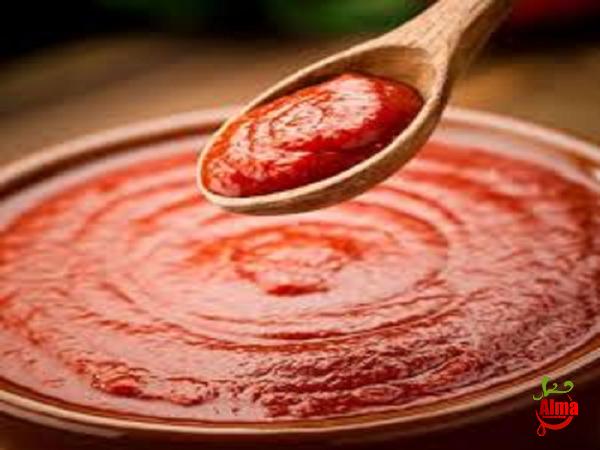
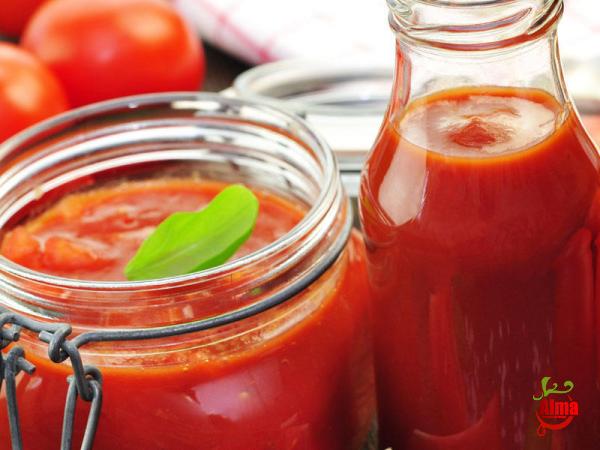
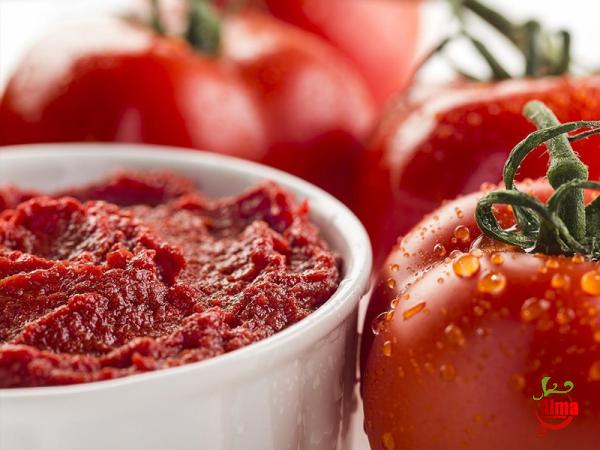
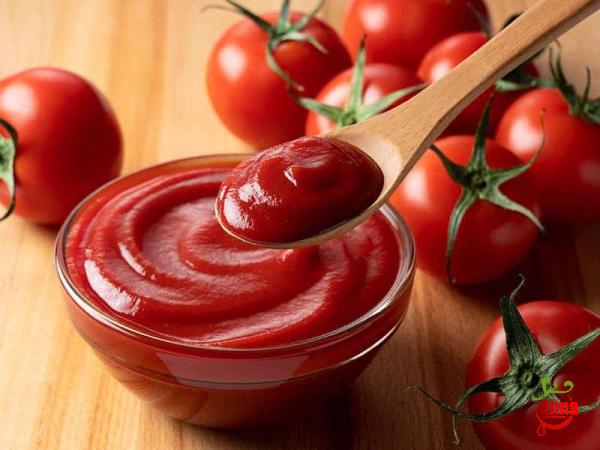



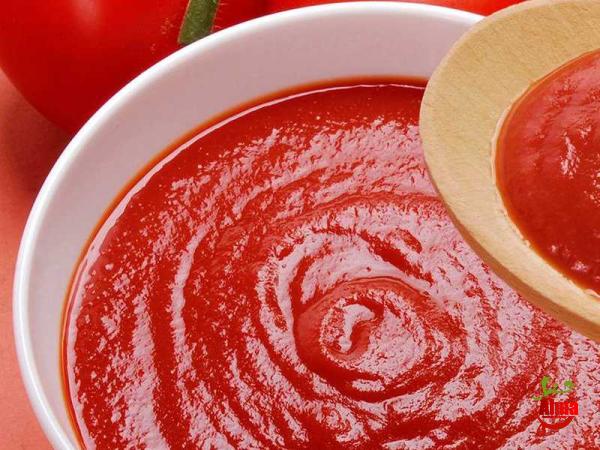
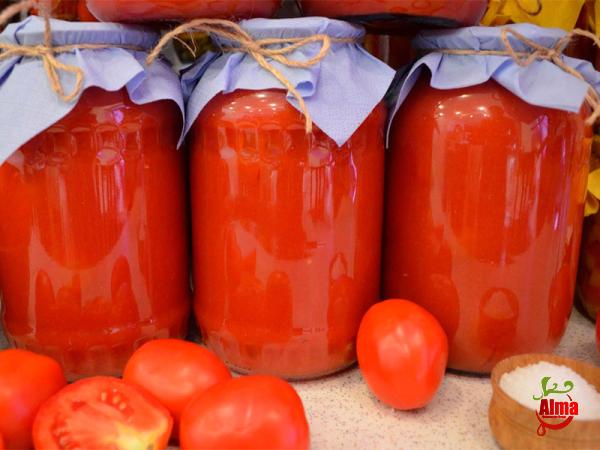
Your comment submitted.